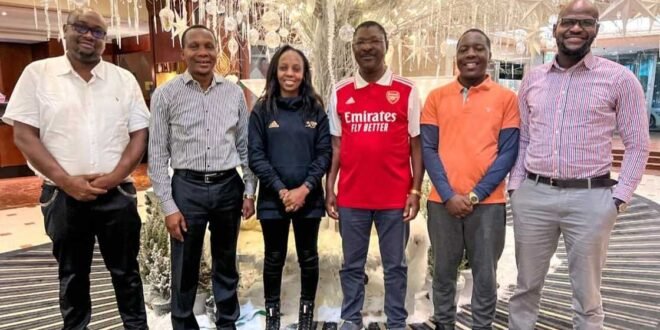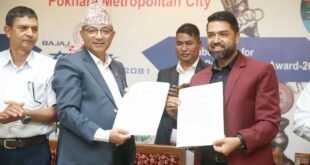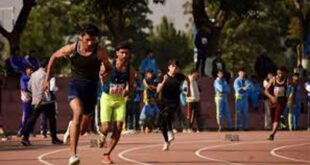Calls for Revising the Sports Act to Support Local Clubs
National Assembly Speaker Moses Wetang’ula has called for a reevaluation of the Sports Act and the way the Sports Fund is managed. His remarks come as he emphasizes the need for fair distribution of funds to local sports clubs, particularly those in the FKF Premier League and community-based teams.
During a gala dinner at Wanangali Sports Club in Mianga, Bungoma County, Wetang’ula addressed the importance of revisiting the current framework governing sports funding. He pointed out that while the Sports Fund is well-financed—drawing from sources like betting taxes and lotteries—its allocation has been heavily concentrated on national teams, stadium renovations, and administrative costs. This has left many grassroots and county-level clubs underfunded and struggling to survive.
Wetang’ula urged Members of Parliament (MPs) to consider amending the Sports Act to ensure that a significant portion of the allocated funds directly supports local clubs. He highlighted that such support would help clubs manage their daily operations, pay players, access better facilities, train athletes, and develop talent from the grassroots level.
The speaker warned that without financial empowerment at the club level, Kenya’s vast sporting potential remains untapped. He emphasized that strengthening the entire sports ecosystem—from community tournaments to professional leagues and national teams—requires a more equitable distribution of resources.
He also called on MPs, especially those in the Departmental Committee on Sports and Arts, to push for legislative changes that institutionalize fair funding practices. Additionally, Wetang’ula stressed the importance of collaboration with the Ministry of Youth Affairs, Creative Economy and Sports, as well as the Sports Fund management, to explore sustainable and inclusive funding models.
This call for reform comes amid growing concerns from clubs across various sports disciplines, including football, volleyball, and athletics. These clubs face challenges such as rising operational costs, limited county-level support, and dwindling sponsorship deals. Many argue that these issues threaten their long-term sustainability and competitiveness.
Boniface Ambani, President of AFC Leopards Football Club, echoed Wetang’ula’s sentiments. He acknowledged the importance of national-level investment but stressed that grassroots support is essential for long-term success. Ambani said that direct funding to clubs could create a strong foundation for sustained sports excellence and broader youth empowerment.
Key Issues in Current Sports Funding
- Concentration of Resources: A large portion of the Sports Fund is directed toward national teams, stadium projects, and administrative expenses.
- Underfunded Grassroots: Local and county-level clubs often lack the financial support needed to operate effectively.
- Operational Challenges: Rising costs, limited backing from local authorities, and declining sponsorships are major threats to club sustainability.
- Need for Legislative Reform: Amendments to the Sports Act are necessary to ensure fair and transparent distribution of funds.
Proposed Solutions
- Amend the Sports Act: Introduce provisions that mandate equitable distribution of the Sports Fund to local clubs.
- Strengthen Collaboration: Work closely with government ministries and fund managers to develop sustainable funding models.
- Direct Financial Support: Ensure that clubs receive predictable and sufficient financial assistance to sustain their operations and development programs.
- Empower Grassroots: Invest in community-based initiatives to nurture talent and build a strong sports culture at the local level.
Wetang’ula’s message highlights the urgent need for systemic change in how sports funding is managed in Kenya. By prioritizing local clubs, the country can unlock its full sporting potential and create a more balanced and thriving sports environment.
 Info Malang Raya Its All About World News
Info Malang Raya Its All About World News



